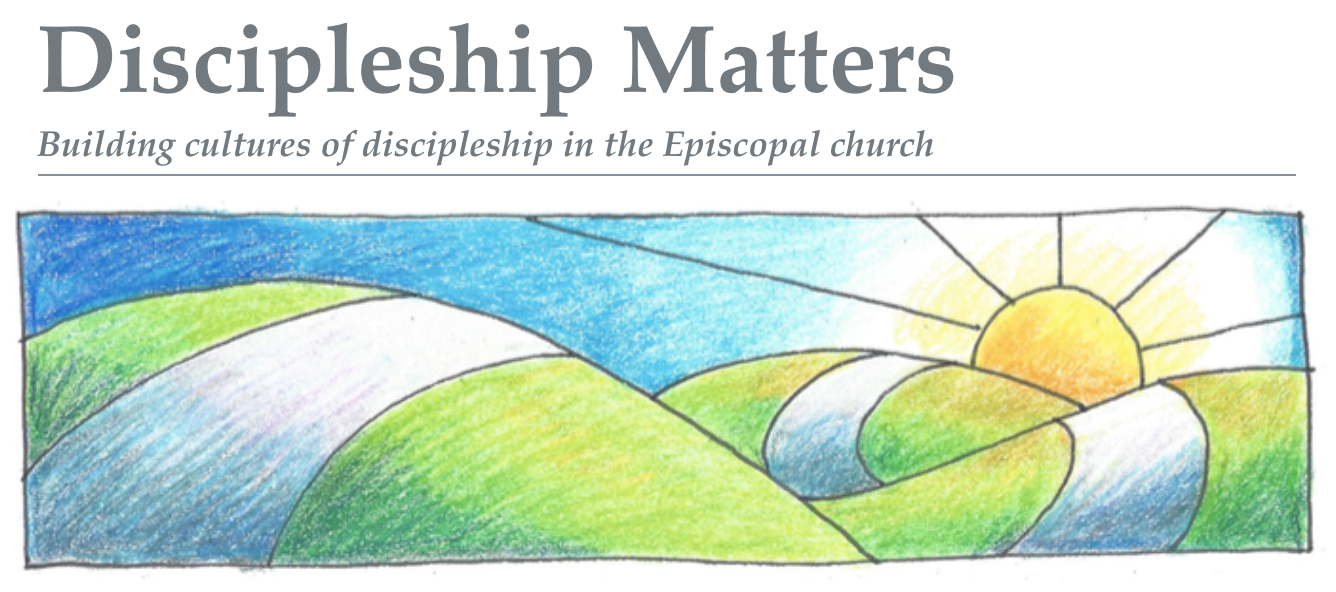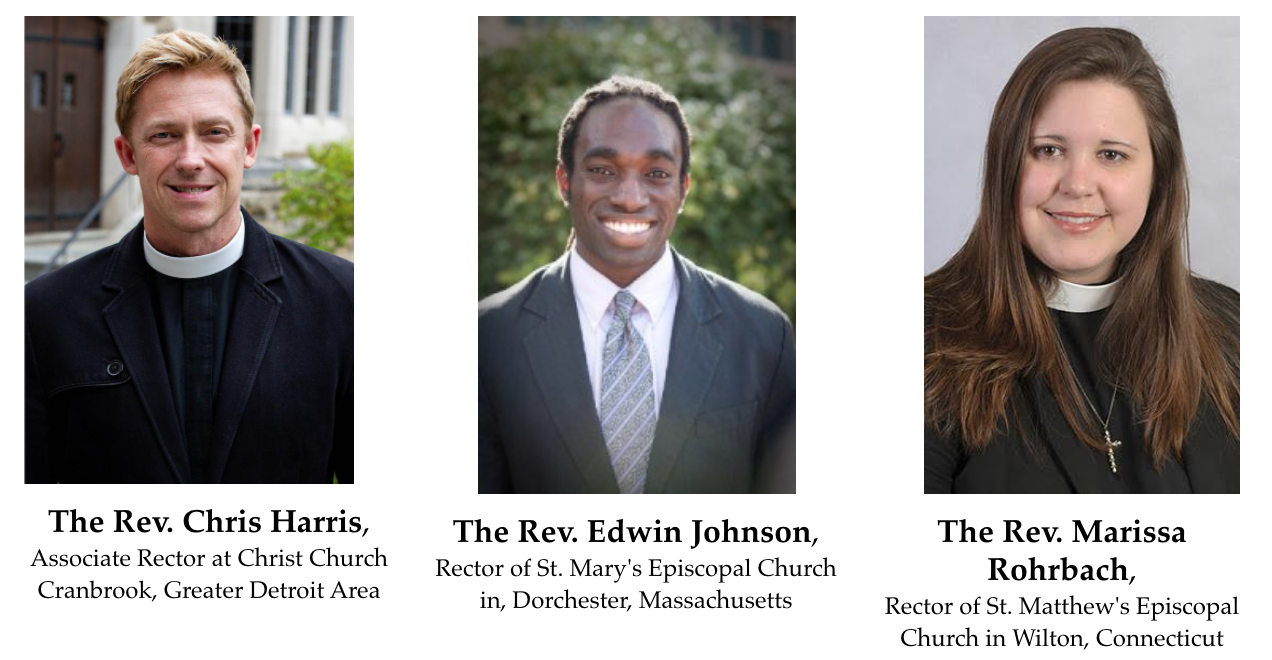
|
Create in me a clean heart, O God, and renew a right spirit within me.
-Psalm 51
Jesus entered Jericho and was passing through it. A man was there named Zacchaeus; he was a chief tax collector and was rich. He was trying to see who Jesus was, but on account of the crowd he could not, because he was short in stature. So he ran ahead and climbed a sycamore tree to see him, because he was going to pass that way. When Jesus came to the place, he looked up and said to him, “Zacchaeus, hurry and come down; for I must stay at your house today.” So he hurried down and was happy to welcome him. All who saw it began to grumble and said, “He has gone to be the guest of one who is a sinner.” Zacchaeus stood there and said to the Lord, “Look, half of my possessions, Lord, I will give to the poor; and if I have defrauded anyone of anything, I will pay back four times as much.” Then Jesus said to him, “Today salvation has come to this house, because he too is a son of Abraham. For the Son of Man came to seek out and to save the lost.”
-Luke 19:1-10
I think God is wanting to be known. And my experience of God wanting to be known is much more in the person who is annoying me at the moment rather than in the sunset.
-The Rev. Nadia Bolz-Weber
You can safely assume you’ve created God in your own image when it turns out that God hates all the same people you do.
– Anne Lamott
|
Judgement
I’ve been spending a bit of time in New York City of late, which is great. And it has reminded me of an experience I had when living there a few years ago. The observation came on occasions when I was driving a car in the city. I remember coming to an intersection with a green light. I intended to make a turn. Invariably, as I sought to make the turn, there would be a pedestrian taking his or her sweet time to cross the street. I guess it was their right, annoying as that felt. After all, they had a walk signal. There was nothing to do but wait, despite cars behind me beginning to honk. I remember thinking how inconsiderate pedestrians (as a group of human beings) were in New York. Didn’t they realize they were holding up traffic? Couldn’t they pick up the pace? Did they think their slow pace was more important that other people’s schedules, specifically mine?
Then I would park the car and instantly become a pedestrian. Role reversal. And when I came to an intersection, I would take my sweet time crossing the street, even if it frustrated drivers and elicited honking. It was my right. I remember thinking how inconsiderate drivers were (as a group of human beings). And why were they driving anyway? Too good for a bus or subway? Didn’t they care about their carbon footprint?
All of which is to say that I noticed how easy it is for me to make judgments about other people. Beyond that, it is easy for me to regard the other as opponent. In many ways, it’s my default position. I suspect I’m not alone in that. Weirdly, in my case, in a matter of minutes, I became the person I had previously viewed with disdain.
Travel of all kinds will do that, whether it’s in an airport or in traffic. Road rage shows that to be true. If I’m late for a plane, I’m angry if they don’t hold the door open for me. But if I’m on time for the plane, I’m angry if they hold the door for someone else who should have been on time. If I’m made to wait a little bit on line at a store, I can make all kinds of judgments about the capabilities and character of the person behind the cash register. Maybe Covid has exacerbated the crankiness. But it’s always been there.
A similar dynamic happens on social media. It’s easy to express anger, irritation, fueled by some prejudice, some broad stroke perspective on the other. There’s often a thoughtless, thuggish character to these communications, even among church folk. Our political system does that on steroids these days, fueled by news channels that paint in broad strokes. It happens in churches of all places. We make judgments about people of other denominations, theological slants, liturgical preferences, worship styles, dress codes. All of these tensions and divisions happen at least in part because there is no real meaningful human interaction, no relationship, no place for empathy, no effort to listen, no practice of compassion (which literally means suffering with). As St. Paul asked: who will deliver us?
My observations from the streets of New York remind me of what Jesus said in the king’s English: Judge not that ye be not judged. For with what judgment ye shall judge, ye shall be judged. (Matthew 7:1) If we live life in a judgmental frame of mind, we may well find judgment visited upon us.
But is there an alternative? The baptismal covenant helps. Seek and serve Christ in all persons. Respect the dignity of every human being. The teaching of Jesus, echoed throughout the New Testament, helps. That teaching issues a call to love not only our friends but our enemies.
Remember the story of Zacchaeus, a tax collector who apparently ripped off a lot of his neighbors. (The story is printed in the column on the left.) He met Jesus and his life turned around. But as Jesus grabbed lunch with Zacchaeus, the religious leaders of the day criticized, judging Zacchaeus and Jesus in the process. Jesus responds: He, too, is a son of Abraham.
What would it all look like if we could view each other, in traffic, in church, in households, in the body politic, if we could treat each other as Abraham’s children, each and all of us flawed, each and all of us blessed by God? Can you join me in working on that this week?
-Jay Sidebotham

|
RenewalWorks: Connect is a monthly online conversation series with Jay Sidebotham, Director of RenewalWorks and other thought-leaders exploring ways to continue the work of spiritual growth. These discussions are especially helpful for those who have participated in RenewalWorks, but anyone interested in cultivating spiritual growth is encouraged to join.
Our monthly conversations will resume in September. Recordings of past sessions can be viewed here. Past presenters include:
Be sure to receive the Zoom invitation by joining the RenewalWorks: Connect email list. Click here to join. |




